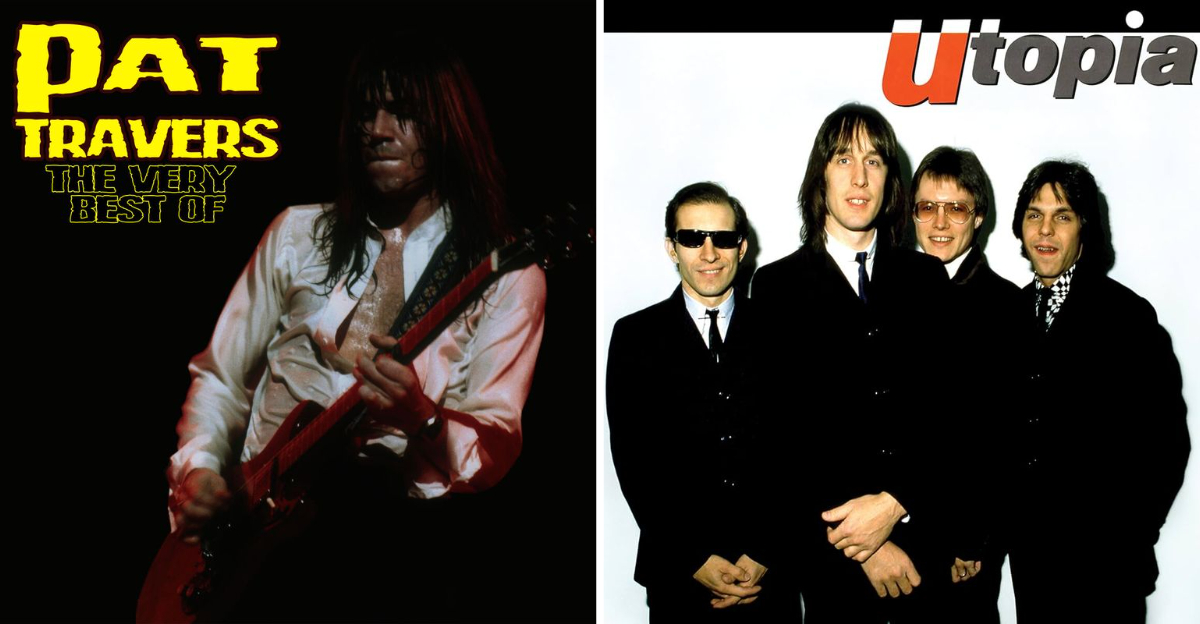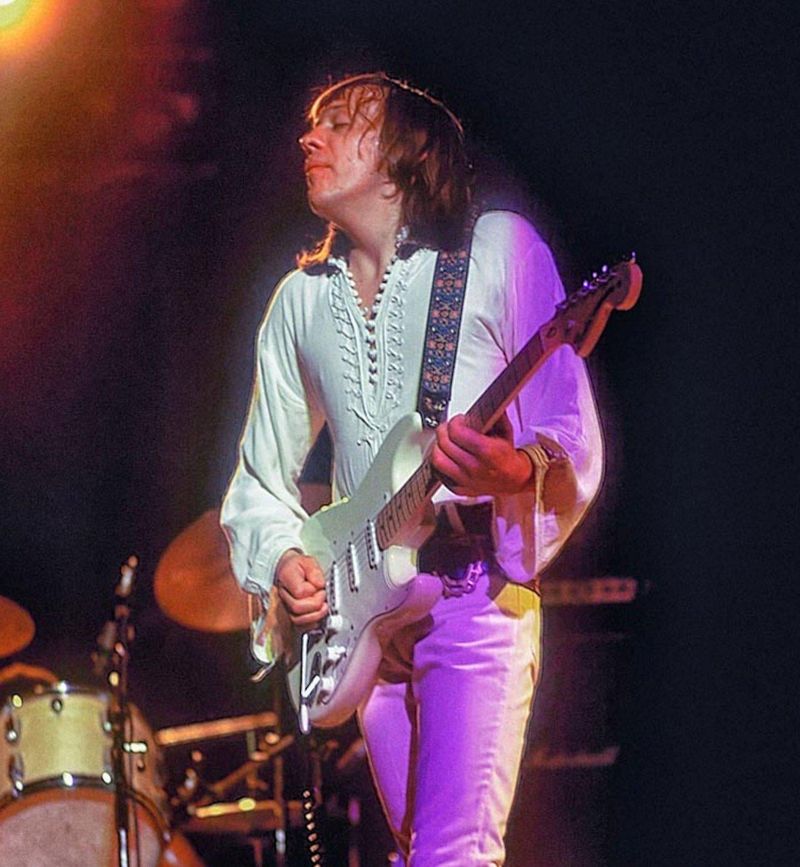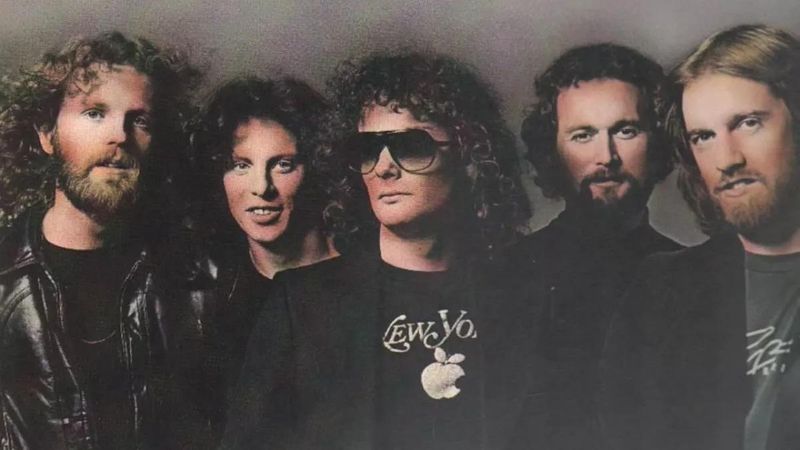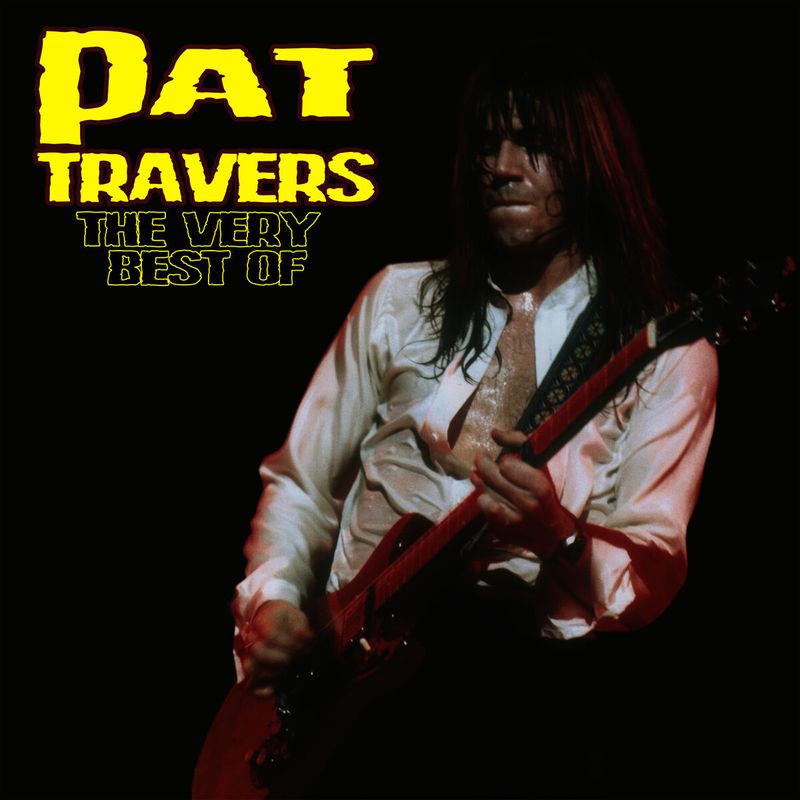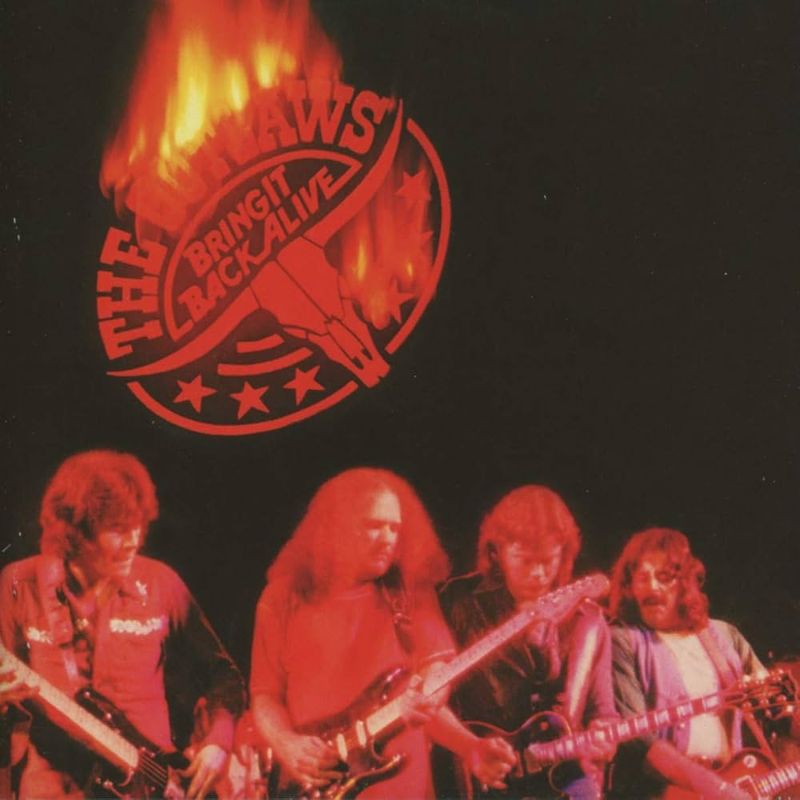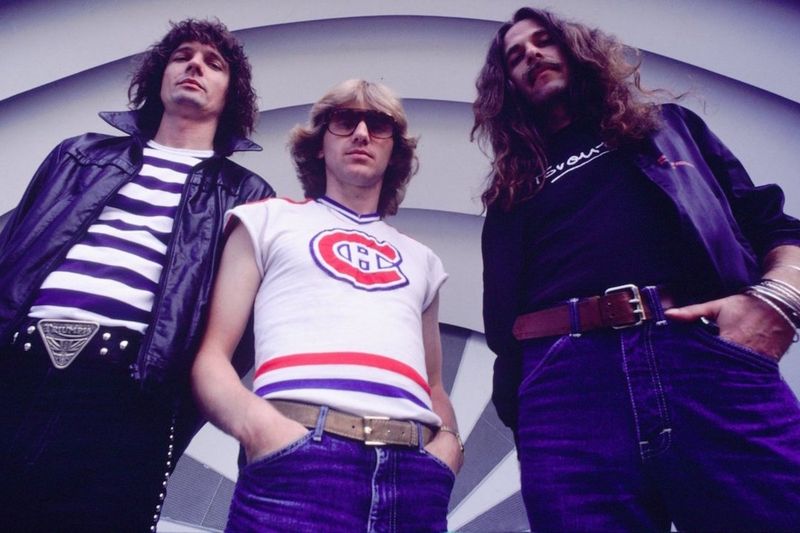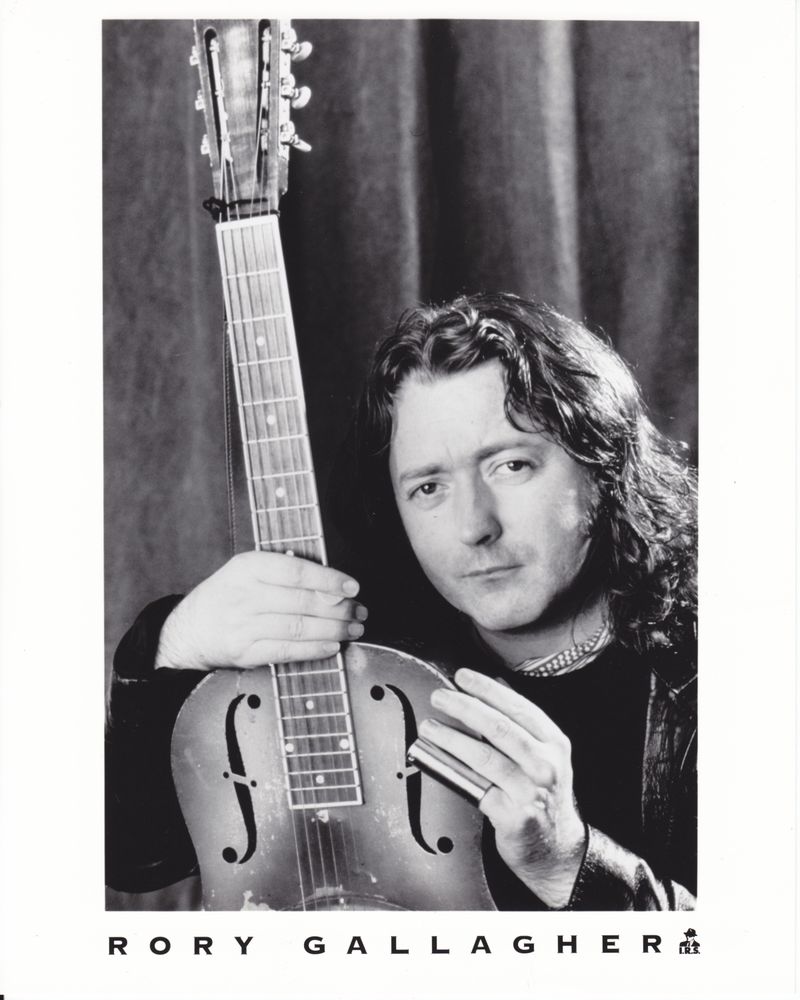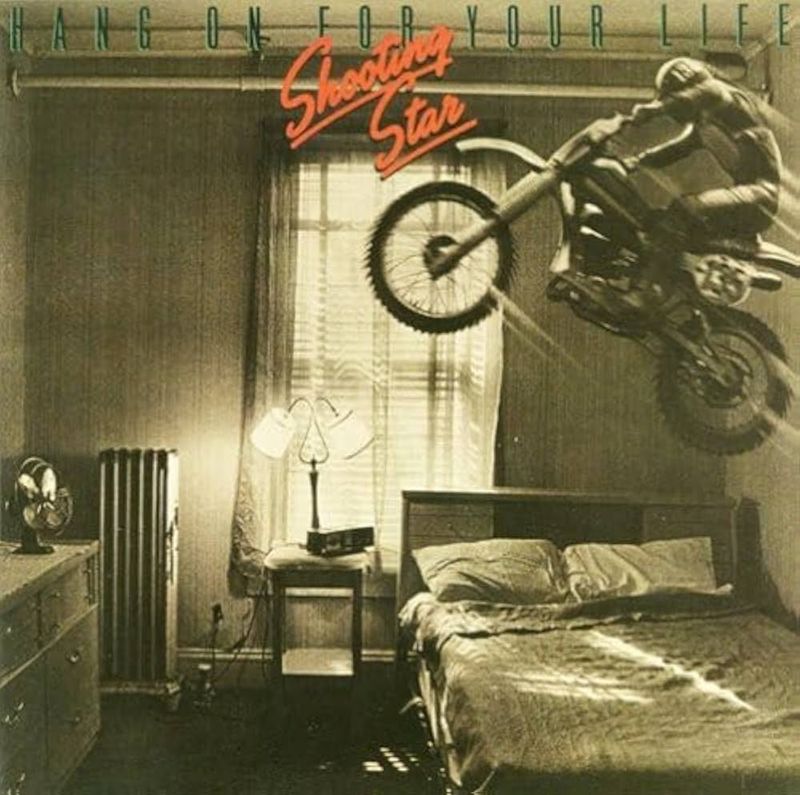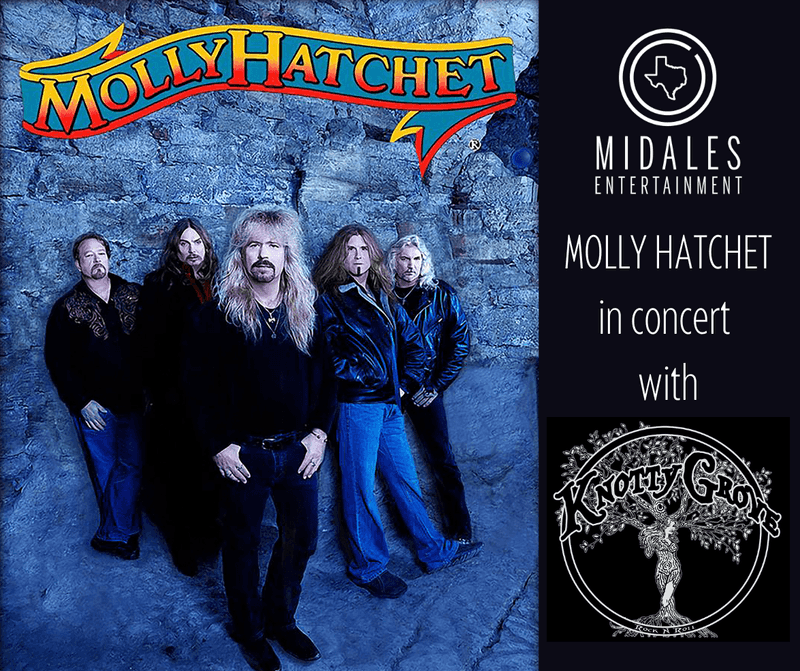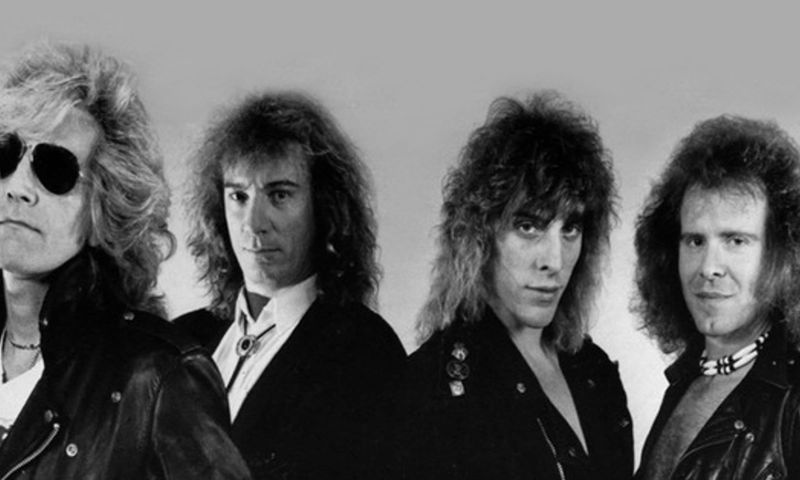The 1980s was a decade filled with iconic rock legends, yet not every talented musician found themselves basking in the limelight. Many artists, despite their quality and creativity, didn’t achieve the fame they deserved during this vibrant era. In this blog post, we shine a spotlight on ten of the least popular classic rock artists of the ’80s, all of whom contributed to the rich tapestry of rock music but somehow escaped widespread recognition. Let’s delve into their stories and discover why they remain underrated gems of the rock world.
Robin Trower
Robin Trower, a British guitar virtuoso, was known for his soulful blues-rock style. Despite his talent, Trower never truly captured mainstream success in the 1980s. His music was often overshadowed by more commercially appealing sounds of the decade.
Trower’s albums, though critically acclaimed, failed to achieve the chart-topping status they deserved. His performances were electric, filled with emotion and technical prowess, yet they didn’t attract large audiences.
Fans of classic rock should explore Trower’s work to appreciate the depth and feel of his guitar artistry.
April Wine
April Wine, a Canadian rock band, experienced moderate success but never quite made it to the big leagues. Known for their catchy tunes and energetic performances, they struggled to maintain a foothold in the crowded ’80s music scene.
Despite having several hits, the band’s popularity waned as musical tastes shifted towards more polished and synthesized sounds. Their dedication to rock and roll was unwavering, yet they couldn’t keep up with the changing trends.
Rediscovering April Wine offers a glimpse into a band committed to authentic rock music.
Pat Travers
Pat Travers, another talented guitarist, found his career overshadowed by the mega-stars of the time. His hard rock style, combined with blues influences, was well-received by critics but failed to resonate with a broader audience.
Travers’ energetic live performances were his hallmark, captivating the audiences he managed to reach. However, the lack of major commercial hits kept him from climbing higher on the fame ladder.
Exploring Pat Travers’ discography reveals an artist with immense talent, deserving of more recognition than he received.
The Outlaws
The Outlaws, a Southern rock band, were known for their harmonious guitar work and blend of rock and country. Despite their unique sound, they struggled to achieve substantial popularity in the ’80s.
As musical trends shifted, The Outlaws’ style was often overlooked by mainstream audiences, though they maintained a loyal fan base. Their live shows were a testament to their musical prowess, yet they remained on the fringes of fame.
For those interested in Southern rock, The Outlaws’ music offers a rich, authentic experience.
Utopia
Utopia, led by Todd Rundgren, was a band that pushed the boundaries of classic rock with their progressive and experimental sound. However, their innovation didn’t translate to widespread popularity in the ’80s.
Rundgren’s vision for Utopia was ambitious, blending various musical genres and styles. Despite this creativity, their albums rarely broke into the charts, overshadowed by more conventional acts.
Fans of music evolution will find Utopia’s work both intriguing and refreshing, a testament to artistic exploration in rock.
Triumph
Triumph, a Canadian power trio, had a sound that blended hard rock and progressive rock. Despite their talent and energetic live performances, they faced stiff competition from other bands and struggled to achieve widespread fame.
Their music, characterized by powerful vocals and intricate guitar work, resonated with a niche audience, but mainstream success eluded them. Triumph’s dedication to their craft and impressive stage shows were notable, yet not enough to elevate their status.
Listening to Triumph offers insights into a band with great potential and passion.
Rory Gallagher
Rory Gallagher, an Irish guitarist known for his fiery blues-rock sound, was celebrated by fellow musicians but often bypassed by mainstream audiences. His 1980s work, although exceptional, lacked the promotional push needed for widespread popularity.
Gallagher’s live performances were legendary, filled with energy and raw emotion. Despite his ability to connect with audiences, he remained one of the industry’s best-kept secrets.
For those exploring the roots of blues-rock, Gallagher’s discography is a treasure trove waiting to be discovered.
Shooting Star
Shooting Star, an American rock band, emerged in the late ’70s but struggled to achieve major acclaim in the ’80s. Their melodic rock sound was appealing, yet they remained on the periphery of the music scene.
Despite releasing several albums, they were unable to break through commercially, overshadowed by more prominent acts of the time. Shooting Star’s music, however, was heartfelt and well-crafted, deserving of a listen.
Fans of classic rock will find Shooting Star’s tunes a refreshing throwback to genuine rock melodies.
Molly Hatchet
Molly Hatchet, another Southern rock band, was known for their boisterous sound and enthusiastic live shows. However, they struggled to maintain the success they found in the ’70s.
As the music industry evolved, Molly Hatchet found it challenging to keep pace with changing tastes, which impacted their popularity during the ’80s. Despite this, their music retained a loyal following among Southern rock enthusiasts.
Rediscovering Molly Hatchet offers a journey into the spirited world of Southern rock, brimming with energy and authenticity.
Foghat
Foghat, a band known for their blues-infused rock sound, experienced waning popularity during the ’80s. Though they enjoyed success in the previous decade, the shift in musical preferences left them struggling to maintain their audience.
Their energetic performances and catchy riffs were still present, but they didn’t resonate as strongly with the evolving music scene. Foghat remained committed to their style, retaining a core group of dedicated fans.
For those yearning for the classic rock sound of the ’70s, Foghat’s music continues to deliver timeless appeal.
